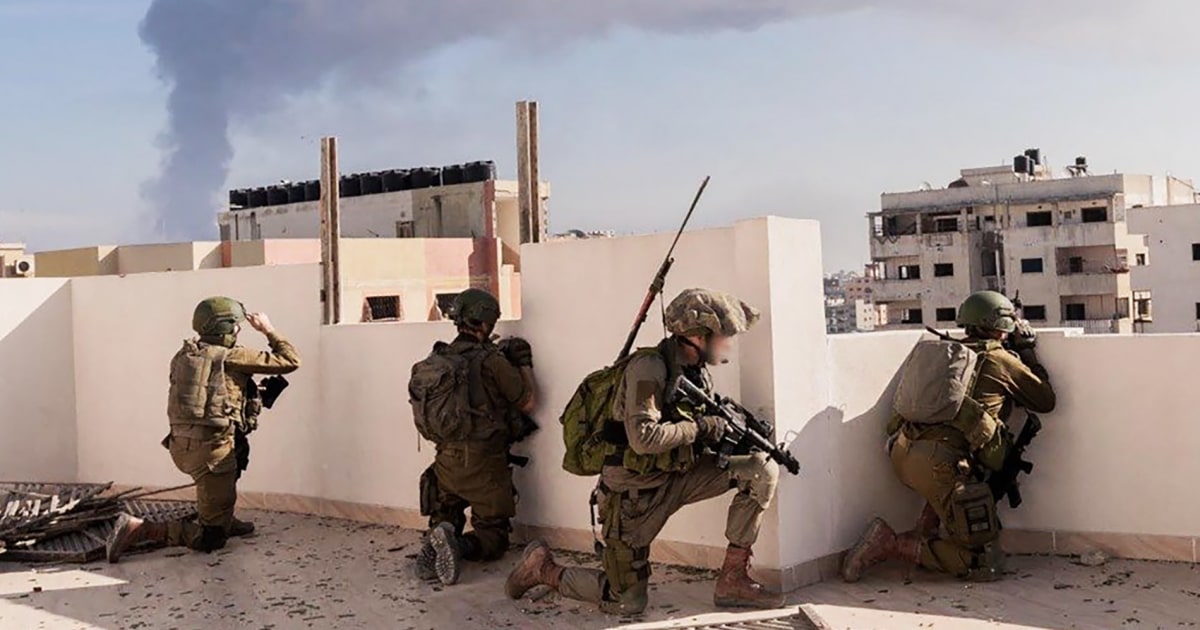
The IDF has poured troops and resources into the offensive, with four divisions now operating in the Gaza Strip, including paratroopers from the 98th division leading an assault in Khan Younis in the enclave’s south, where Hamas leaders are believed to be based.
Deeper into the offensive, Israeli casualties have ticked up in the close quarters combat. The IDF says 134 of its troops have been killed in the Gaza offensive, including nine who died in a Hamas ambush last week.
Since the Israel offensive began, Hamas’ rocket attacks on Israel have dramatically declined — a sign that the group’s operations have been disrupted, experts say.
But Israel now finds itself caught in a bind between contradictory objectives: The more military success it achieves in its war with Hamas, the higher the Palestinian civilian death toll and the more Israel risks losing support from its most important ally, the United States.
“Every bit of progress they make towards their strategic goal increasingly damages their reputation internationally and makes it harder for their allies and supporters to continue to support them,” said Nagata, who helped lead the fight against the Islamic State terrorist group’s militants in Syria and Iraq.
Democrats in Congress and some former U.S. military officers argue Israel should pull back from heavy bombing and a full-blown ground invasion and instead carry out more calibrated raids with fewer troops on the ground targeting Hamas leaders, weapons caches and tunnels. They also argue Israel should combine its military effort with a major diplomatic push for political dialogue with Palestinian representatives in the West Bank and with Arab governments in the region.
But Israeli officials and supporters of Israel say the country had no alternative to a large-scale combat operation to shore up Israel’s security in the aftermath of the Oct. 7 attacks, and that Hamas’ vast tunnel network required a major offensive to dismantle. They also say that Israel has come under criticism for its tactics in the past even when previous operations were more limited.
IDF officers say they need to keep up the ground offensive for several months to fulfill their goals but time may be running out.
Biden administration officials, under criticism abroad and at home to persuade Israel to safeguard civilian lives in Gaza, have been pressing Prime Minister Benjamin Netanyahu’s government to scale back the current operation to a more calibrated, limited effort.
“The real question is whether they are making military progress fast enough before the political clock runs out,” said Raphael Cohen, a senior political scientist at the Rand Corp. think tank, who recently returned from a trip to the region. “The IDF will tell you that they think they need several more months of large-scale combat operations to fully destroy Hamas’ military capabilities.”
The civilian death toll and the diminishing prospects of a decisive outcome will force Israel’s hand soon and lead to a more scaled-back campaign, a former senior Israeli official said.
“I think we’re reaching a point where this will not be able to continue in this current form,” the former Israeli official told NBC News. “I would assume that sometime in the beginning of January we will see a shift.”
Israel launched its offensive in Gaza after Hamas militants swarmed into Israel on Oct. 7, killed some 1,200 people, mostly civilians, and seized 240 hostages, per Israeli officials.
In the aftermath of the Hamas attack that caught Israel by surprise and shocked the country, Israeli leaders vowed to retaliate to prevent a similar attack in the future. They outlined plans to eliminate Hamas’ leadership, dismantle its entire chain of command and ensure Hamas will no longer control the Gaza Strip.

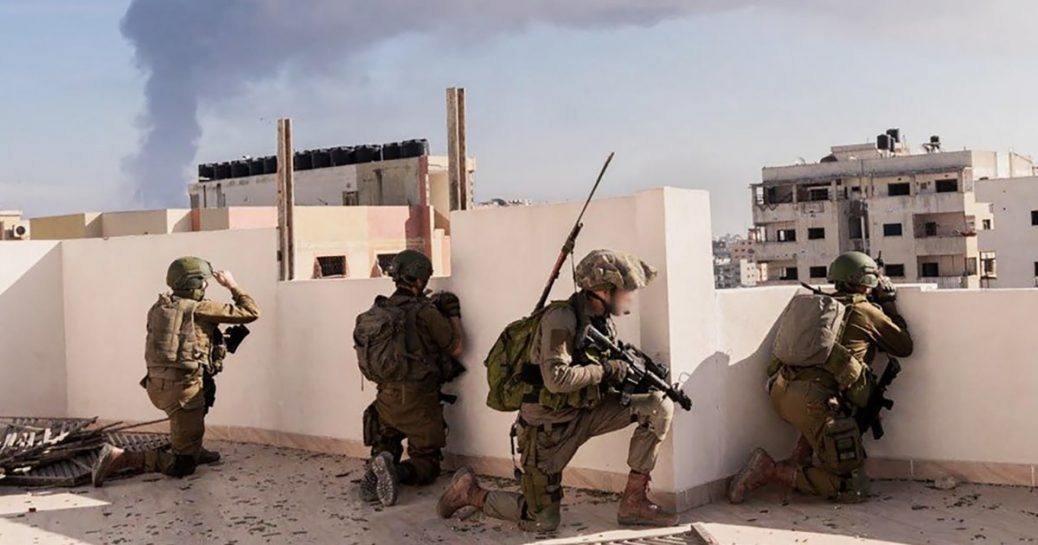
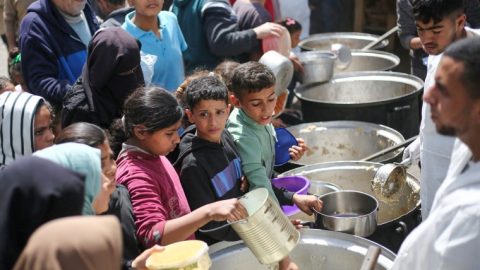




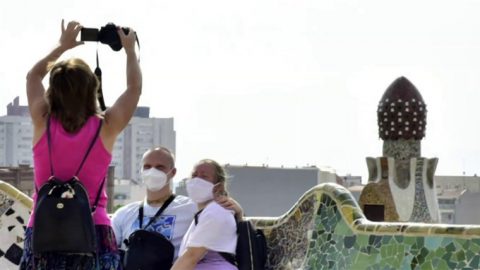

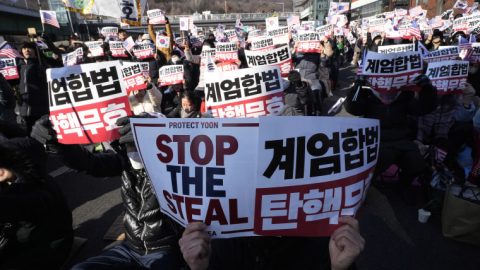
Recent Comments